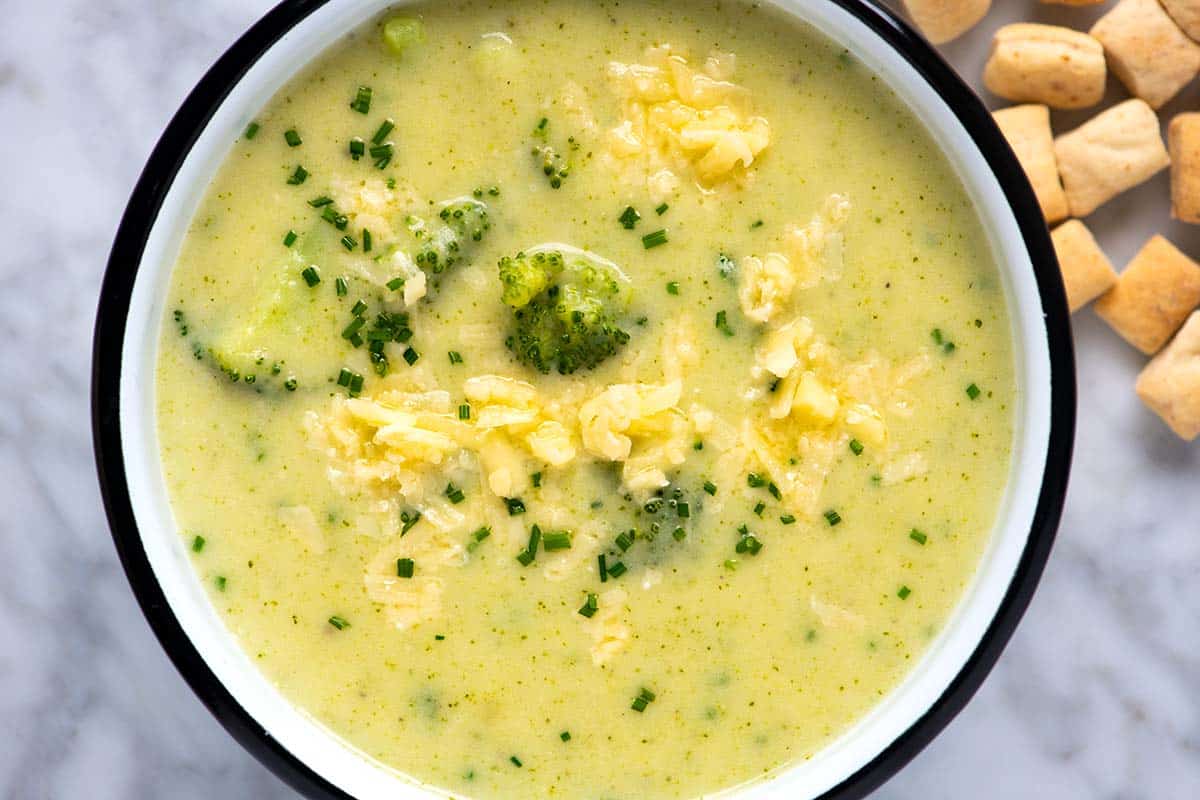Everything You Need to Know about Fruit Juice Concentrate – and Its Many Benefits

Did you know that juice is comprised mainly of water – a whopping 90 per cent of water is found in juice! But when you remove almost all of this liquid, the result is – you guessed it – fruit juice concentrate. The concentrate is a thick syrup, and people use it instead of juice because the concentrated form packs a serious punch. And since the water is extracted, the growth of bacteria stops, which means the concentrate has less chance of spoilage than juice. The process of making fruit juice concentrate also reduces the need for extra packaging, and the storage and transport needs of the product are lessened. When you purchase fruit juice concentrate, it is available in frozen form or at room temperature, and all you have to do is add water before consuming it. It can come as filtered or pasteurised and evaporated, although some methods also use additives. Apparently, fruit juice concentrate has many benefits, but what are they? Here’s everything you need to know about fruit juice concentrate – and its myriad benefits.
The production method – how is it made?
First, it pays to know how the juice concentrate is produced. To make it, the whole fruit undergoes washing, scrubbing, and crushing or blending to come up with the fruit pulp. Most of the content (which is mainly water) is extracted and then evaporated. In some cases, the fruit’s natural flavour may be diluted, so many suppliers use flavour packs – additives meant to enhance the flavour. These flavour packs are often made from the byproducts of fruit.
In addition, sweeteners are added, made from HFCS or high fructose corn syrup. Some blends also add salt, and aromas and artificial colours may also be added into the mix. Finally, some fruit juice concentrates are treated to remove microbes, which can cause harm – and this, in turn, increases the shelf life.
Potential benefits to the health
- Rich in nutrients
Fruit juice concentrate, especially from juice manufacturers like EE & Brian Smith, is rich in nutrients essential for better health. Both fruit and vegetable concentrates are best if they are made without additives, like sugar or salt – in short, if they are from one hundred per cent fruits or vegetables.
For example, if you drink a daily 120 ml glass of orange juice, this can provide you with a whopping 280 per cent of the DV (Daily Value) of the much-needed vitamin C. Meanwhile, carrot juice from 100 per cent concentrate is a vitamin A source, offering over 400 per cent of the Daily Value per 240 ml serving.
- Lots of compounds from plants
Fruit juice concentrate is also known for packing a healthy punch of compounds found only in plants, like carotenoids, flavonoids, and anthocyanins. These contribute to health, including a healthier heart and less inflammation.
- Better skin
A lot of fruit juice concentrates are rich in antioxidants and vitamin C, which are known for promoting better skin and slowing down the effects of ageing. For instance, the beta carotene found in tomatoes and carrots combats skin inflammation.




:max_bytes(150000):strip_icc()/types-of-engagement-ring-settings-guide-2000-86f5b8f74d55494fa0eb043dee0de96e.jpg)

